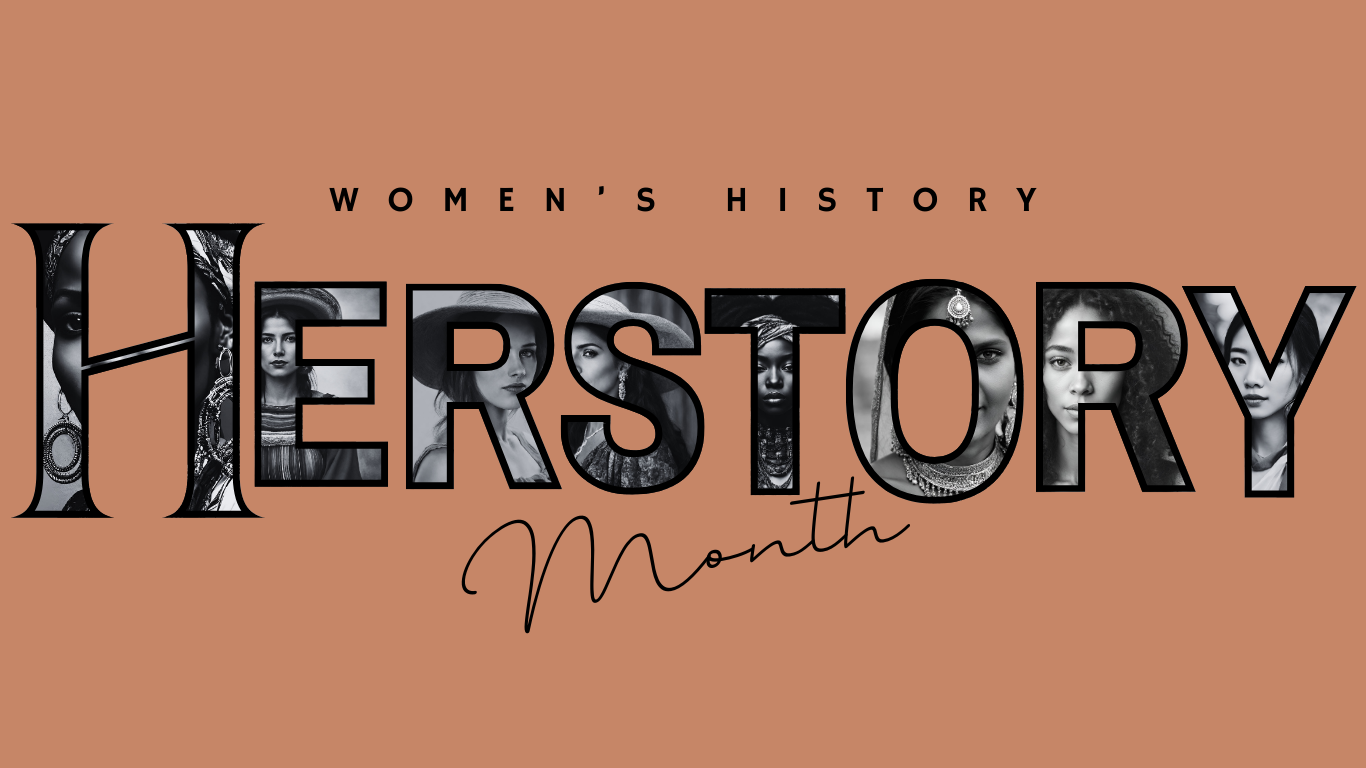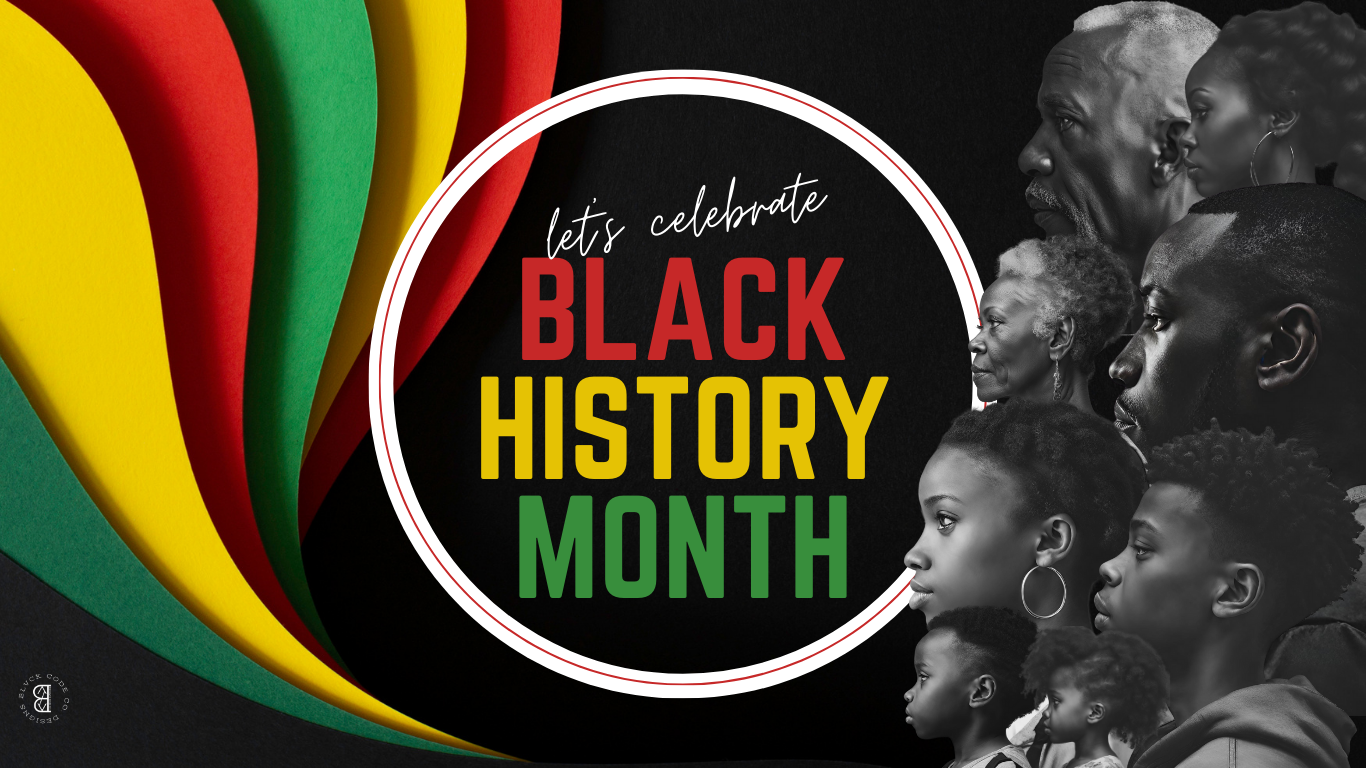South Carolina to begin Phase 1b of the state’s COVID-19 vaccination distribution plan on Monday
COLUMBIA, S.C. (WCBD) – Governor Henry McMaster on Tuesday announced South Carolina will move to Phase 1b of the COVID-19 vaccination distribution plan beginning Monday, March 8th.
This phase includes anyone over age 55 and individuals 16-66 with increased risk for severe COVID-19 disease, frontline workers with increased occupational risk, all workers in healthcare and community health settings who have routine, direct patient contact and were not vaccinated in Phase 1a.
The South Carolina Department of Health and Environmental Control said examples of frontline workers include, but are not limited to, school staff and daycare workers, manufacturing workers, grocery store workers, and law enforcement officers.
“Throughout South Carolina’s vaccination efforts, our priority has been – and continues to be – saving lives,” said Gov. McMaster during Tuesday’s press conference. “In the month of February, South Carolina made tremendous progress on expanding access to vaccinations as the supply of vaccine increased. Our hospitals, pharmacies and healthcare providers became more nimble and efficient at getting shots in arms. Because of these successes, we’re now in a position to make the majority of South Carolinians eligible to receive the vaccine.”
The director of South Carolina’s lead health agency, Dr. Edward Simmer, said the state remains focused on protecting the lives and health of South Carolinians from COVID-19 and hoped the state would be able to offer vaccinations to more than half of all the people of South Carolina as of Monday.
“That’s a very giant step forward for us … we’ve been moving through the folks in 1a, the medical providers and those who are 65 and over at a good pace. As we’ve gotten more and more vaccine, we’ve been able to speed up that process, and as you’ve heard, we’ve now been able to give more than a million doses of the vaccine out to the people of South Carolina.”
As a result, Dr. Simmer said it is now time to move to Phase 1b, which includes about 2.7 million individuals. “That will really take us forward and get us closer to the herd the immunity that we seek, which is 70%, 80% of the population of South Carolina being vaccinated.”
Dr. Simmer said the health agency anticipates that by summer, every South Carolinian will have had access to the vaccine and will hopefully be closer to herd immunity and an eventual return to normalcy.
Those interested in making an appointment can visit scdhec.gov/vaxlocator or call DHEC’s COVID-19 Vaccine Information Line at 1-866-365-8110 for help.
Phase 1b includes:
- Anyone aged 55 and up
- People with increased risk for severe COVID-19 disease
- People aged 16-64 with one or more of the following high-risk medical conditions:
- Cancer (current, not a history of cancer), chronic kidney disease (any stage), chronic lung disease, diabetes (Type 1 and Type 2), Down syndrome, heart disease (congestive heart disease, coronary artery disease, cardiomyopathy, pulmonary hypertension), HIV/AIDS, solid organ transplant, obesity (BMI >30), pregnancy, sickle cell disease.
- People who have a developmental or other severe high-risk disability that makes developing severe life-threatening illness or death from COVID-19 infection more likely
- People aged 16-64 with one or more of the following high-risk medical conditions:
- Frontline workers with increased occupational risk
- Frontline workers with increased occupational risk are people who:
- Must be in-person at their place of work, and
- Perform a job that puts them at increased risk of exposure due to their frequent, close (less than6 feet) and ongoing (more than 15 minutes) contact with others in the work environment
- Examples of frontline workers include but are not limited to school staff and daycare workers, manufacturing workers, grocery store workers, law enforcement officers, etc.
- Frontline workers with increased occupational risk are people who:
- Individuals at increased risk in settings where people are living and working in close contact
- Residents and workers in group home settings for the mentally or physically disabled or those with behavioral or substance abuse conditions
- Workers and residents in homeless shelters
- Workers and residents in community training homes
- State and local correctional facility staff with direct inmate contact
- Correctional and immigration detention facility inmates
- Migrant farmworkers living in shared housing or reliant on shared transportation
- All workers in healthcare and community health settings who have routine, direct patient contact and were not vaccinated in Phase 1a



